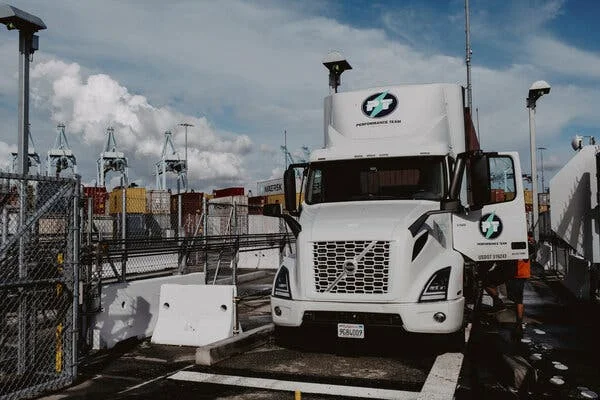
Electric Trucks in California Face Challenges Under Trump Administration
In a recent development reported by The New York Times, the adoption of electric trucks in California is facing significant hurdles due to policies from the Trump administration. The article highlights how the state's ambitious plans to transition its heavy-duty vehicles to electric power are being hampered by federal regulations and a lack of support from the current administration.
California has been at the forefront of environmental initiatives, aiming to reduce its carbon footprint through the electrification of its transportation sector. The state has set aggressive targets for electric truck adoption, driven by concerns over air quality and climate change. However, the Trump administration's policies, which favor traditional fossil fuel industries, have created a challenging environment for these efforts.
The article discusses how the federal government's rollback of emissions standards and reduction in incentives for electric vehicles are directly impacting California's goals. Companies in the state are finding it increasingly difficult to invest in electric trucks due to the uncertain regulatory landscape and the absence of federal subsidies that once made such investments more viable.
Environmentalists and industry leaders alike are expressing concern over the potential setbacks. They argue that without federal support, California's transition to a cleaner transportation system will be slower and more costly. The situation underscores the ongoing tension between state-level environmental ambitions and federal policy, which continues to prioritize traditional energy sources.
This issue not only affects California but serves as a broader example of the challenges faced by states pursuing sustainable initiatives in the face of opposing federal policies. As the debate over the future of electric vehicles continues, the outcome in California could have significant implications for similar efforts across the United States.